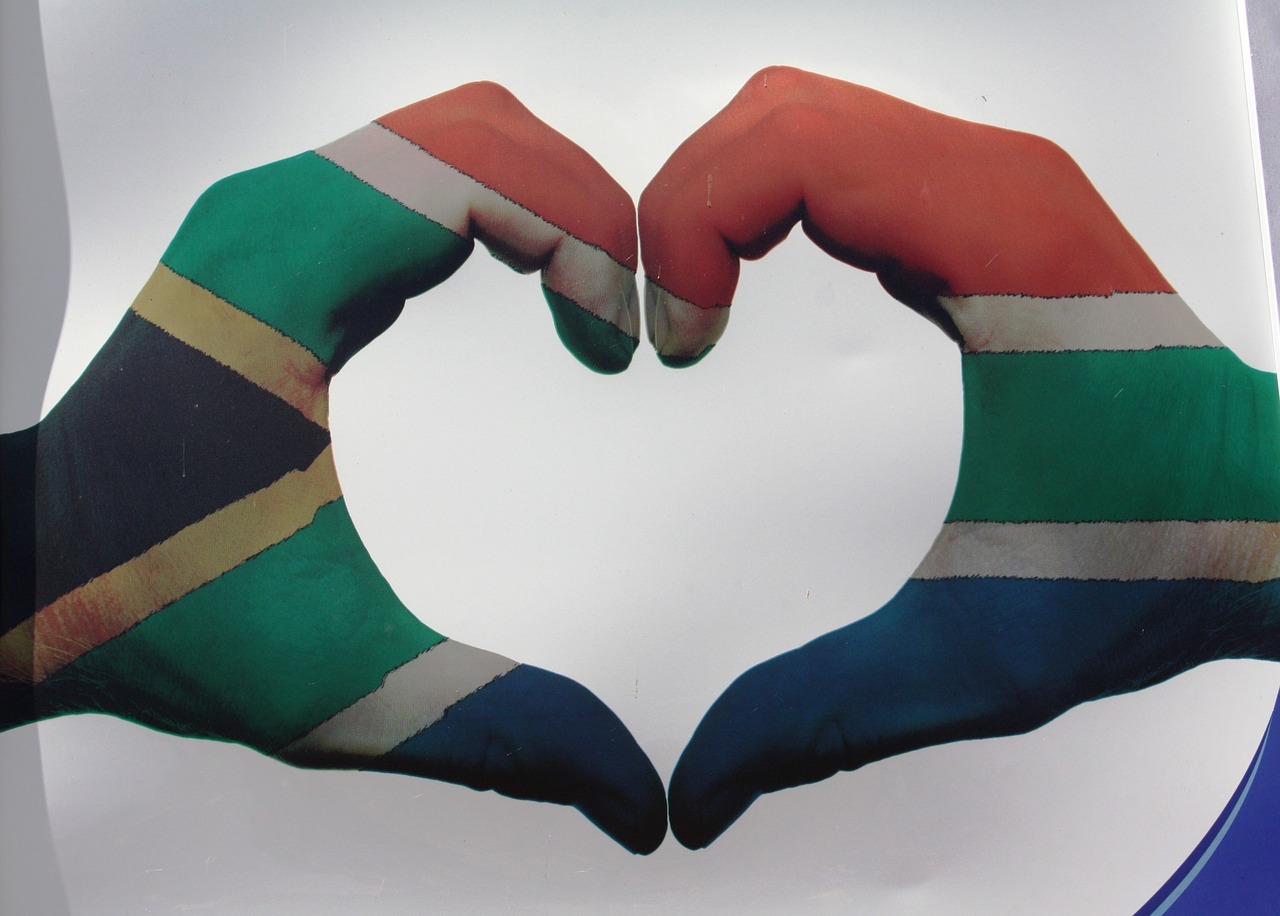
The thing that impressed me most about the Springboks’ World Cup triumph was not the bone-crushing tackles or the thrilling sprints to the try line. It was something far less conspicuous but nevertheless remarkable: their discipline.
In a world that thrives on clickbait headlines and viral spectacles, the way the Boks held their nerve and held off their adversaries by hardly conceding any penalties was, for me, nothing short of breathtaking.
The fact that they managed to achieve a record-breaking World Cup victory – becoming the first nation to win four titles – while practising such restraint speaks, I believe, to an innately South African characteristic that not even years of national crisis could diminish.
A human miracle
That trait carried us through the worst days of apartheid and the threat of an irrevocable doom in the early 1990s, when we pulled off a feat even more stunning and rare than the Boks’ Parisian triumph.
Without wishing to extrapolate too much from this momentary win, I nevertheless cannot the resist the temptation to make comparisons with our collective response to the threat of racial war and fatal collapse that seemed inevitable in the months before we managed to meet the deadline for what became known as one of the human miracles of the 21st century – a national election that was largely, and unimaginably, peaceful. So much so that, in subsequent elections, international observers decided: It’s okay, you’ve got this, South Africa. We no longer need to breathe down your necks.
I am convinced that the same thing that guided us through those touch-and-go moments in the 1990s played a role in our French excursion these past few weeks.
The Bok performance at the World Cup reminds us all that, just like we did in those dark days, South Africans have the ability to thrive in a crisis. The nerve-shatteringly tight scorelines over our last three games prove just that. Consider the focus it takes to keep your cool and avoid making any errors with 100kg men coming at you at speeds of up to 30km an hour for 20-plus minutes, with a stadium of rugby fans booing you—all while being thousands of miles from home.
If you need further proof of our resilience, just look at our response to the electricity crisis that has left us in the dark for the past decade (I’m rounding off, the true stat is just too depressing).
As I’ve said before, the precision with which South Africa has handled the energy disaster, complete with schedules and apps to monitor the timing of power cuts, is worthy of study. Has any country in the history of electricity manufacturing come up with any more finely choreographed response to a crisis? (Notice: here I am displaying that other South African classic – unfailing optimism in defiance of the facts.)
Diplomatic row
I observed the same Springbok hardiness during the recent BRICS summit in Johannesburg. In the run-up to this historic occasion, the biggest in BRICS history, it looked like the summit might not even take place as the South African government unthinkably found itself in a diplomatic row with the United States over its apparent support for Russian President Vladimir Putin.
It seemed that the United States had reached the end of its patience with Pretoria’s soft stance on Russia, accusing President Cyril Ramaphosa’s administration of selling weapons to Russia.
Ramaphosa’s government, along with many other African countries, have refused to a take a stance on Russia’s invasion of Ukraine, calling for a diplomatic solution to the conflict.
Fast forward a few weeks and South Africa appears to have pulled off a diplomatic coup. They somehow convinced Putin to stay at home – he sent his foreign minister in his place to the summit. And, not only have the US backed off of their weapons allegations, they have also agreed to go ahead with an African trade meeting in South Africa in November. What’s more, six more countries – Argentina, Egypt, Ethiopia, Iran, Saudi Arabia and the United Arab Emirates – are set join the ranks of BRICS next year.
More than 30 leaders attended the summit to discuss plans for further cooperation among BRICS, an alliance between Brazil, Russia, India, China and South Africa, who essentially want a seat at the table of the global powers when it comes to deciding the fate of the world on political and economic affairs.
For now, I won’t dare to spoil the sweetness of our World Cup victory with a cold analysis of what the future holds for BRICS and South Africa’s role in it. But, again, I hear sceptics saying: BRICS who? There is only one letter that matters in that acronym, or maybe two, they say dismissively. Hint: S is not one of those crucial letters.
I will say this, though: Never, but never, write us off.

